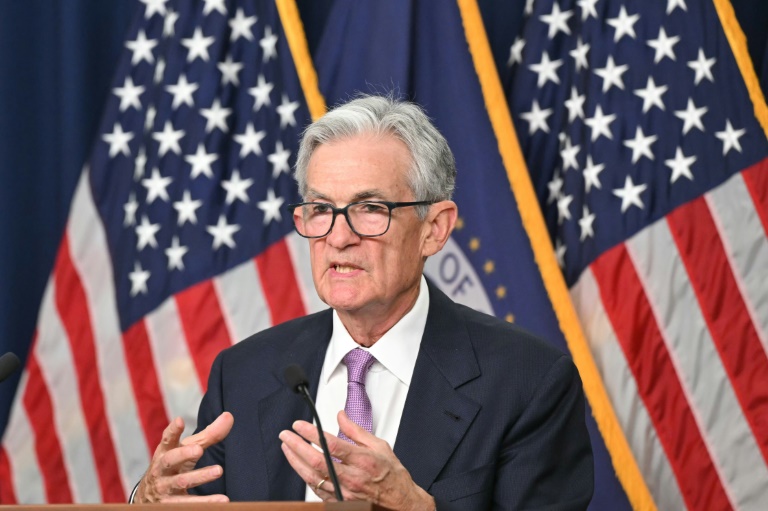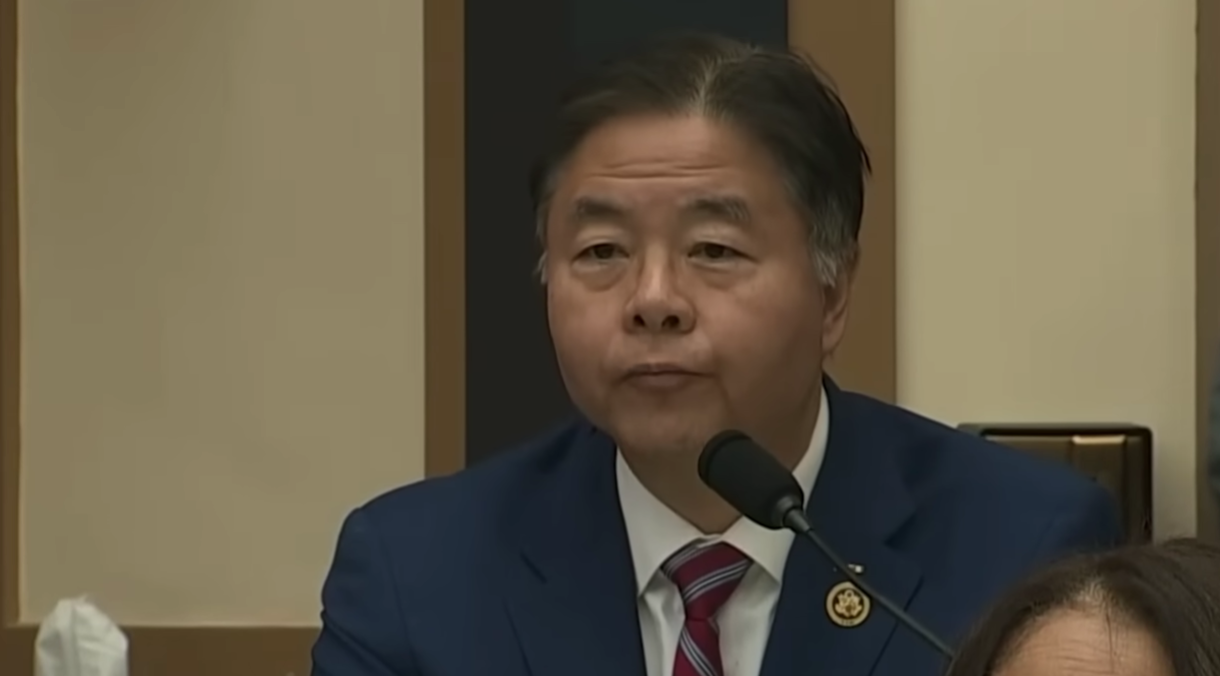The United States is set to see inflation cool further towards policymakers’ target, Federal Reserve chair Jerome Powell said Monday, with interest rates likely to come down over time, too.
Powell’s speech comes more than a week after the Federal Reserve slashed interest rates by half a percentage point, marking its first reduction since 2020. The move was made in response to easing inflation.
The rate-cut lowers the cost of borrowing for consumers and businesses, bringing some relief to households weeks before November’s presidential election — even as the Fed works independently of the US administration.
“Disinflation has been broad-based, and recent data indicate further progress toward a sustained return to two percent,” Powell said at the National Association for Business Economics annual meeting in Tennessee.
“Broader economic conditions also set the table for further disinflation,” the Fed chair added.
He also signaled that further rate cuts are in the pipeline, if there are no major surprises.
“Looking forward, if the economy evolves broadly as expected, policy will move over time toward a more neutral stance,” Powell said.
He stressed policymakers were not on a “preset course” and would assess incoming data as they mulled further cuts.
If the economy slows more than anticipated, the Fed can lower rates more quickly.
Powell said in a question and answer session: “We’re looking at it as a process that will play out over some time, not something that we need to go fast on.”
The baseline is for two more rate cuts this year, marking a total of 50 basis points, he added.
In particular, Powell noted that prices of goods — excluding volatile food and energy categories — have fallen while supply bottlenecks have eased.
With the growth rate in rents charged to new tenants remaining low, he added, housing services inflation will likely keep declining.
The Fed has “made a good deal of progress” when it comes to bringing price increases down without a painful spike in unemployment, he said.
He also stressed that many indicators indicate that the labor market is solid, and that the Fed is shifting policy to “maintain the strength in the economy.”







